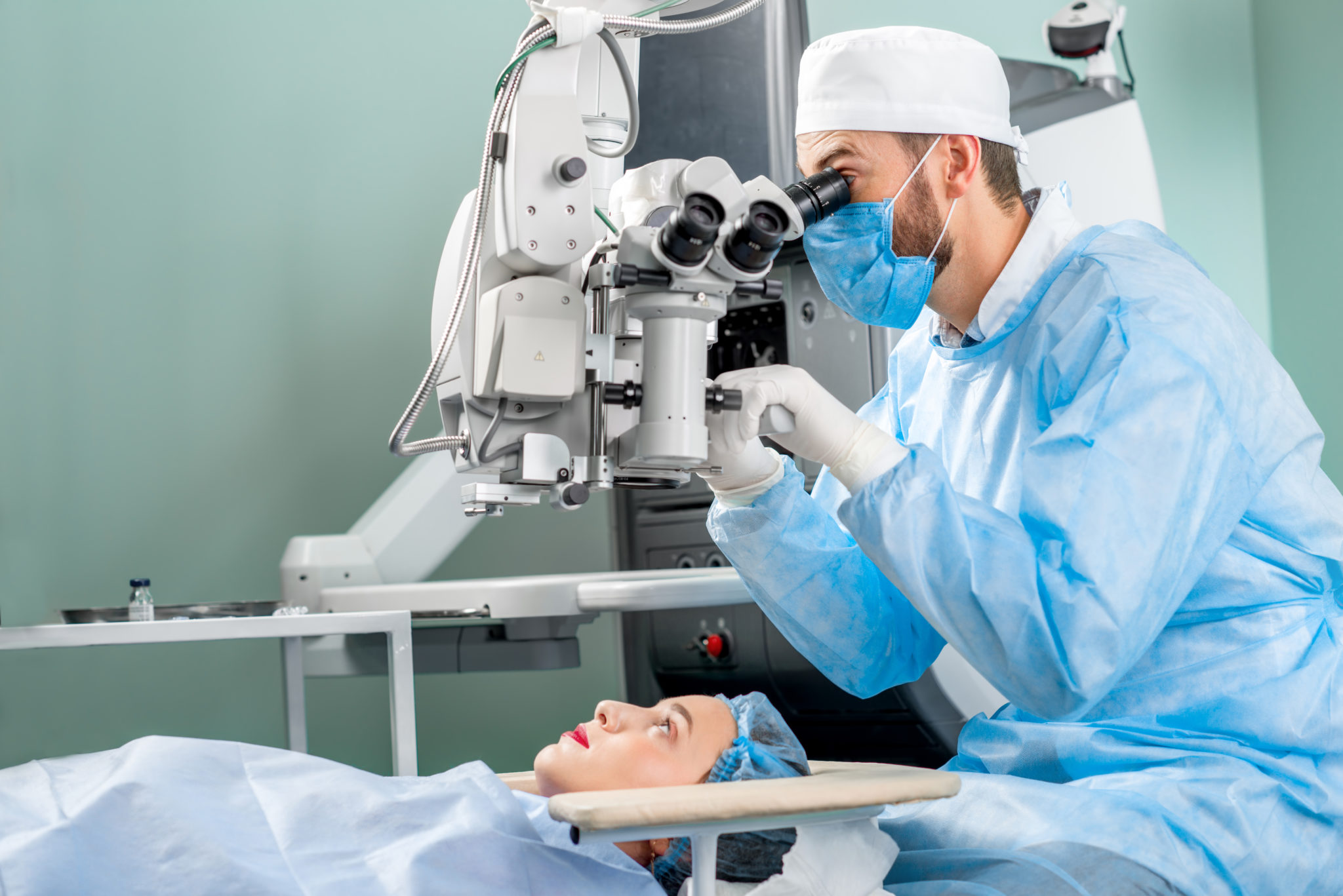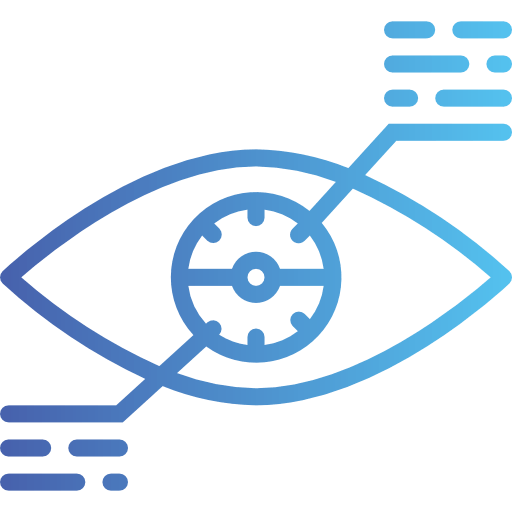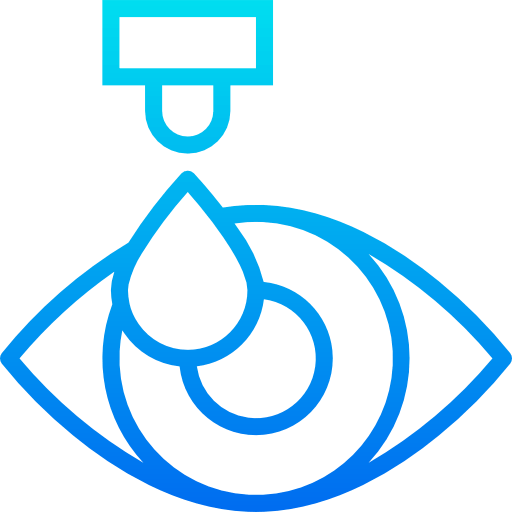If you have cataracts, it doesn't mean you will automatically be accepted for treatment on the NHS. Your vision must usually be severely deteriorated and daily activities such as driving and reading very difficult to do. In recent months, there has been national publicity about the rise in the number of procedures the NHS decline, as they look to cut costs even further.
Even if you are accepted for cataract surgery on the NHS, you will face long wait times (up to 6 months and in some cases, even longer). The NHS will operate on one eye and you will have to wait a number of months to have the second eye treated. It could mean you face a certain level of discomfort as the vision in one of your eyes is clear but the other is still cloudy.
It's also worth noting that the treatment offered on the NHS involves using a monofocal lens, swhich corrects vision at one distance (so if you struggle to see at both long and short distances, you would only be able to correct one). Opting for private treatment allows you visual freedom as a bifocal lens will correct all of the most common visual problems.
Benefits of cataract surgery:
No lengthy NHS waiting times, both eyes can be treated within 2 days
Can treated various vision problems, including long distance and short distance vision
Comprehensive aftercare programme is included as standard
Most cataract surgery providers offer finance payment plans, so affordability worries needn't rule you out

















